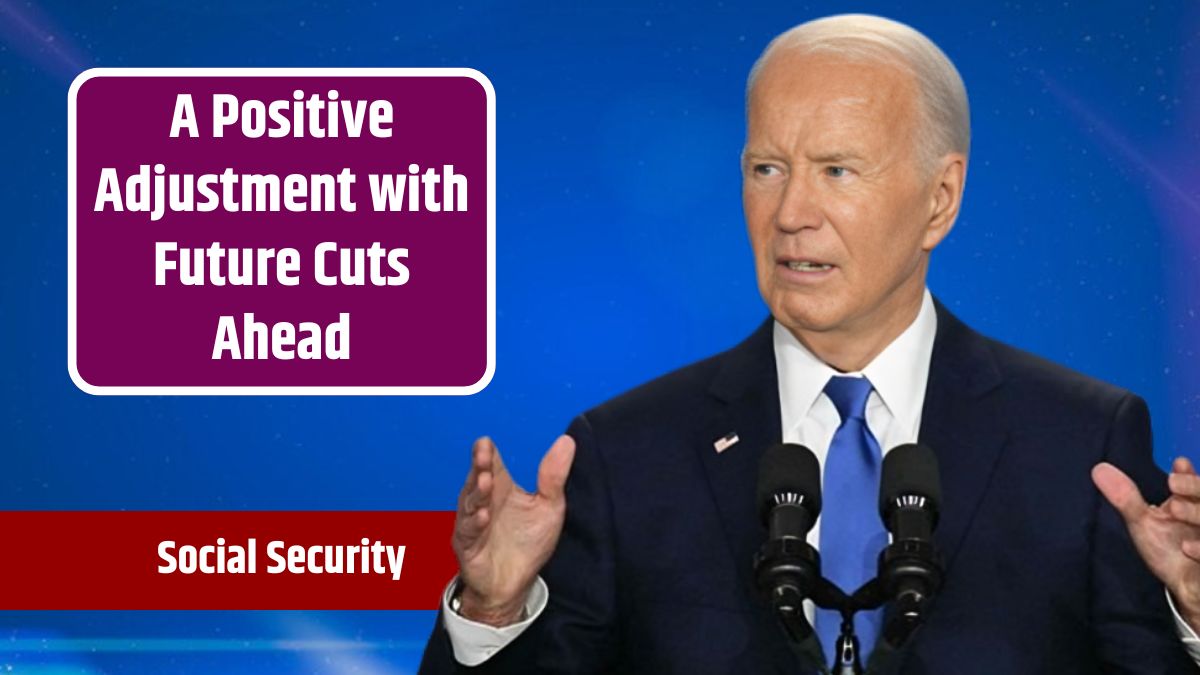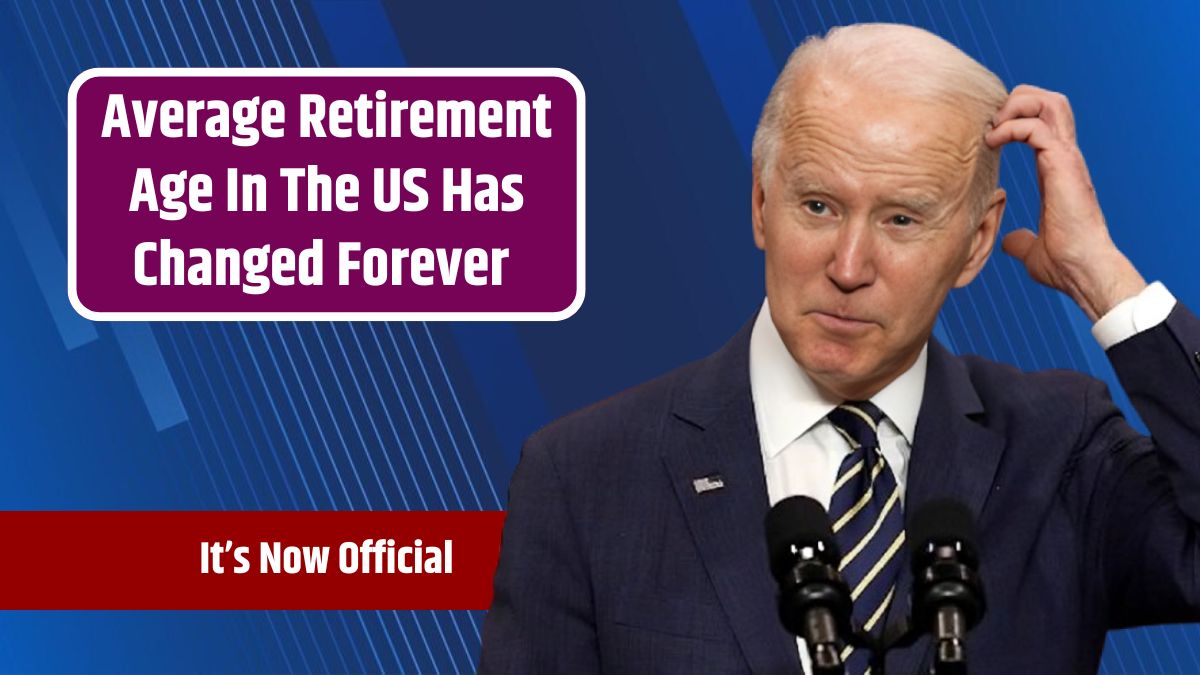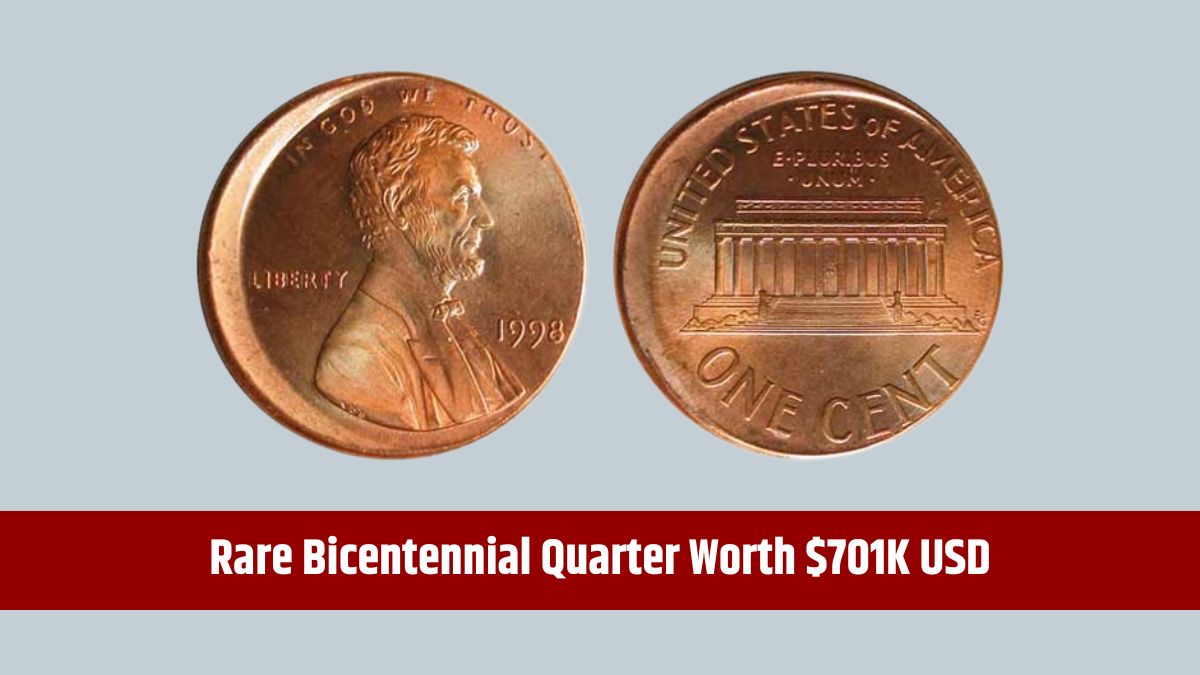Legislators are pushing forward with the Social Security Fairness Act, a bill that could significantly increase benefits for millions of retirees. By closing loopholes that reduce Social Security payments for certain government pensioners, this legislation has garnered strong bipartisan support. Recently advanced using a discharge petition, the bill is moving closer to becoming law.
If passed, the Social Security Fairness Act would repeal the Windfall Elimination Provision (WEP) and Government Pension Offset (GPO), two regulations that currently reduce benefits for retirees who receive state or local government pensions and may not have paid into Social Security through their employment. These provisions affect over two million people, and their elimination would represent a monumental shift in Social Security policy.
Beneficiaries
The WEP reduces Social Security payments for people who have public pensions from jobs where Social Security taxes weren’t withheld, even if they have other Social Security-eligible earnings. This rule affects more than two million Social Security recipients. Meanwhile, the GPO cuts spousal and survivor benefits for about 800,000 retirees who also receive government pensions.
Under the new bill, these regulations would be eliminated, resulting in higher Social Security payments for millions of retirees. The Social Security Fairness Act, cosponsored by over 300 members of the House of Representatives, aims to fix what many lawmakers and retirees view as an unfair system. Retired government employees, such as teachers, firefighters, and police officers, are among the most affected by these provisions, as they often contribute to pensions outside of the Social Security system.
WEP
The Social Security Fairness Act seeks to remove the WEP and GPO, directly addressing long-standing concerns about the fairness of the system. These provisions have been criticized for penalizing retirees who worked in public sector jobs, even when they contributed to Social Security through other employment. As a result, many retirees receive less in Social Security benefits than their private-sector counterparts.
By eliminating these two provisions, the bill could increase Social Security payments for a significant portion of retirees. Research from the Urban Institute suggests that repealing WEP and GPO would result in a 4.5% increase in benefits for affected individuals by 2025. On average, retirees could see an additional $7,300 in annual benefits.
Economic Costs
While the bill is poised to provide substantial financial relief to retirees, it comes with a hefty price tag. The Congressional Budget Office estimates that eliminating the WEP and GPO would increase federal spending by $195 billion by 2034. This cost would contribute to the national deficit but is seen by many as a necessary correction to decades of unfair treatment of public servants.
The bipartisan support for the bill highlights the urgency of this issue. Republican Garret Graves and Democrat Abigail Spanberger are leading the charge, gathering 218 signatures from lawmakers, including 47 Republicans and 171 Democrats, to advance the legislation. According to Graves and Spanberger, this effort addresses a basic issue of fairness that has affected millions of retired public servants across the country for over 40 years.
Reform
Retired public employees have long called for the repeal of the WEP and GPO. Many of them, despite working in public service, have contributed to Social Security through secondary jobs or previous employment. The current system penalizes them for their service, denying them full benefits even when they have earned them through decades of hard work.
Experts like Mary Johnson, an independent Social Security and Medicare policy analyst, argue that these individuals should not be penalized for their careers in government. Johnson emphasizes that many retirees affected by WEP and GPO have earned credits toward Social Security benefits through secondary employment outside of government service. These individuals deserve to receive the full benefits they have earned, without being punished for their career choices.
Next Steps
If the Social Security Fairness Act passes, it will apply to all Social Security benefits administered starting in December 2023. This means retirees could see increased benefits as early as next year, giving a much-needed financial boost to those affected by WEP and GPO.
The push for this reform marks a major victory for public sector workers who have been waiting decades for fair treatment. As bipartisan support grows, the bill’s passage seems increasingly likely. If passed, it will be a significant step toward addressing inequalities in the Social Security system and ensuring that all retirees receive the benefits they have earned.
FAQs
What is the Social Security Fairness Act?
A bill aimed at eliminating the WEP and GPO to increase benefits for retirees.
Who is affected by the Windfall Elimination Provision (WEP)?
Over two million retirees with public pensions not covered by Social Security taxes.
How does the Government Pension Offset (GPO) work?
It reduces spousal and survivor benefits for retirees receiving government pensions.
How much could retirees gain from the reform?
The Urban Institute estimates an average increase of $7,300 annually for affected individuals.
What is the cost of the reform?
The Congressional Budget Office estimates it will add $195 billion to the federal deficit by 2034.






